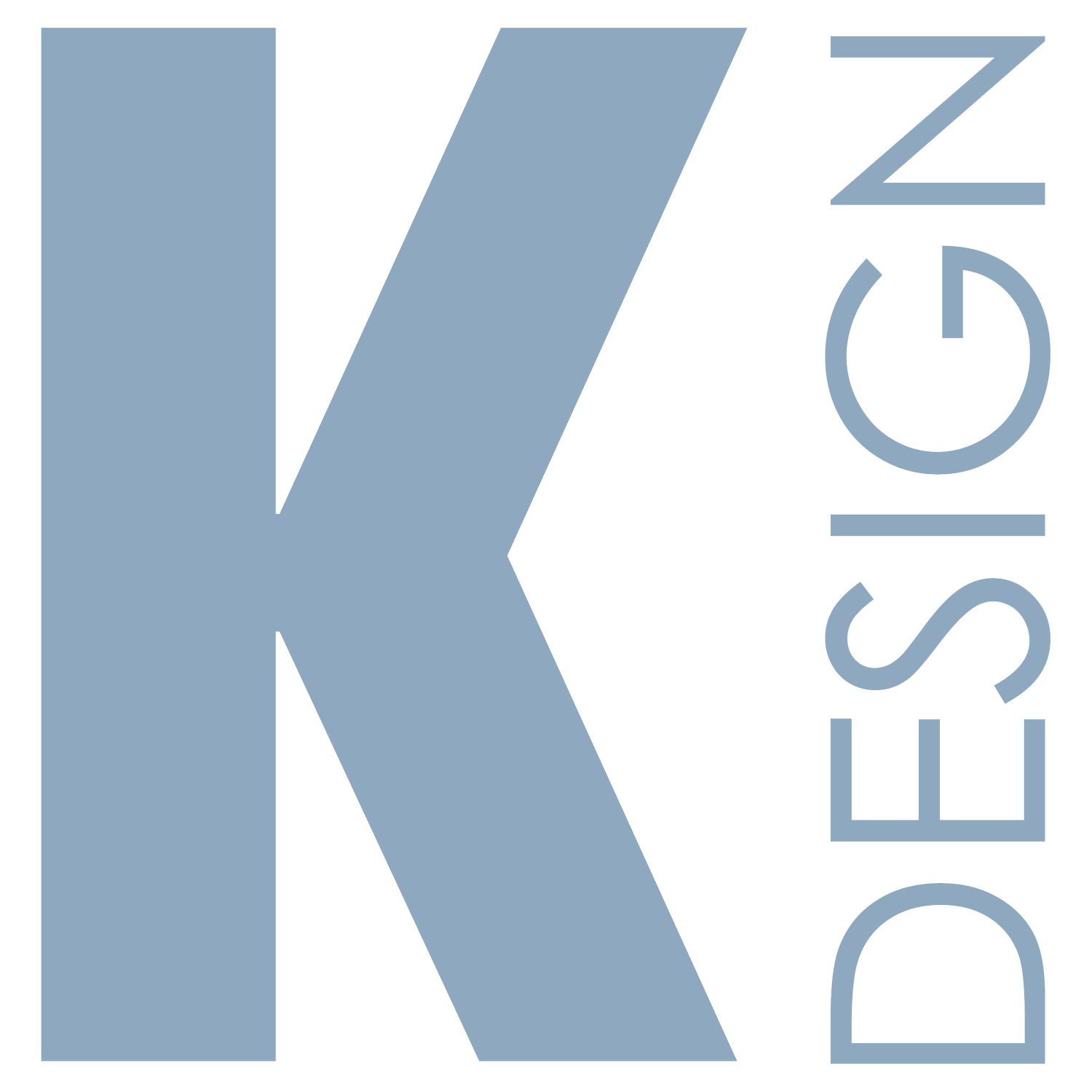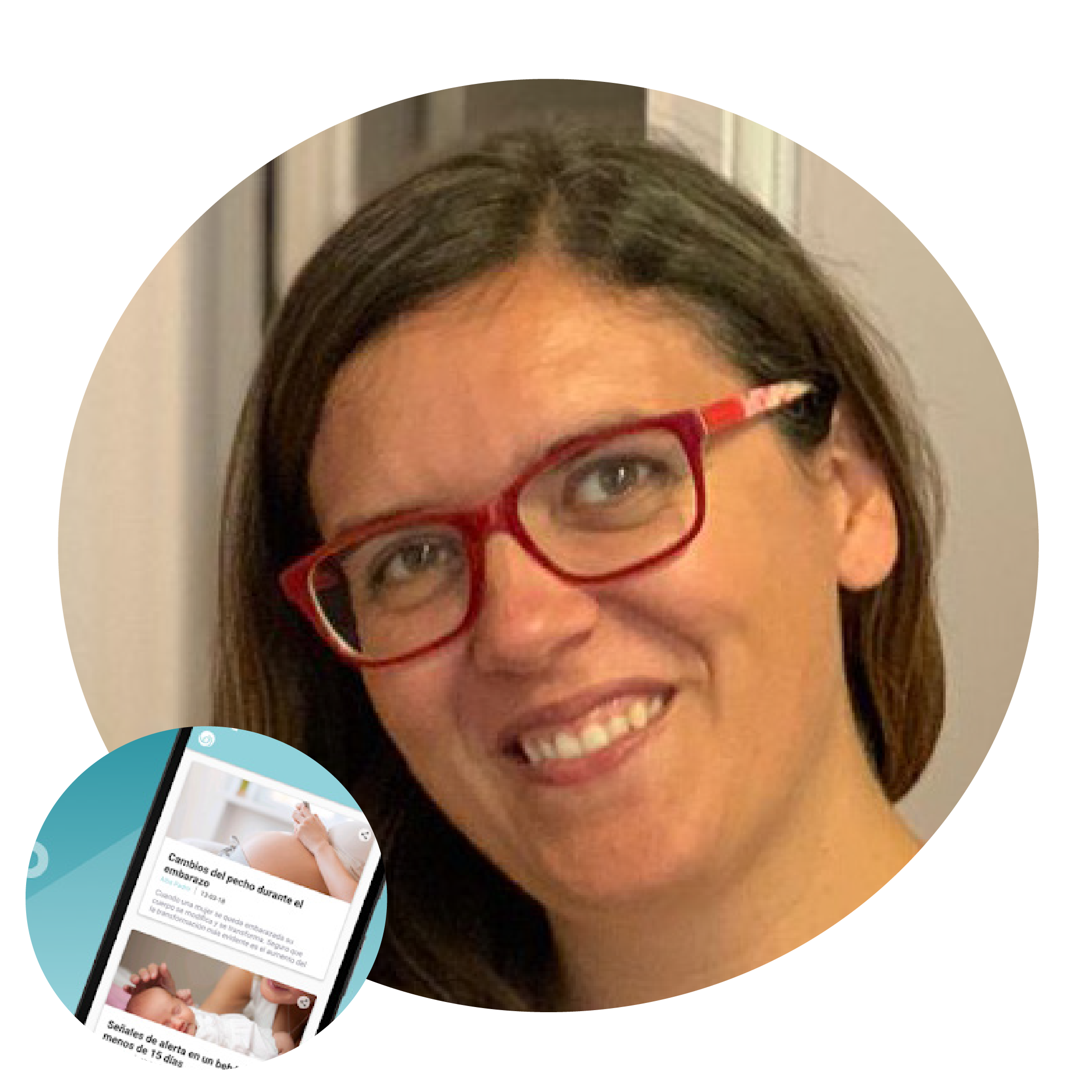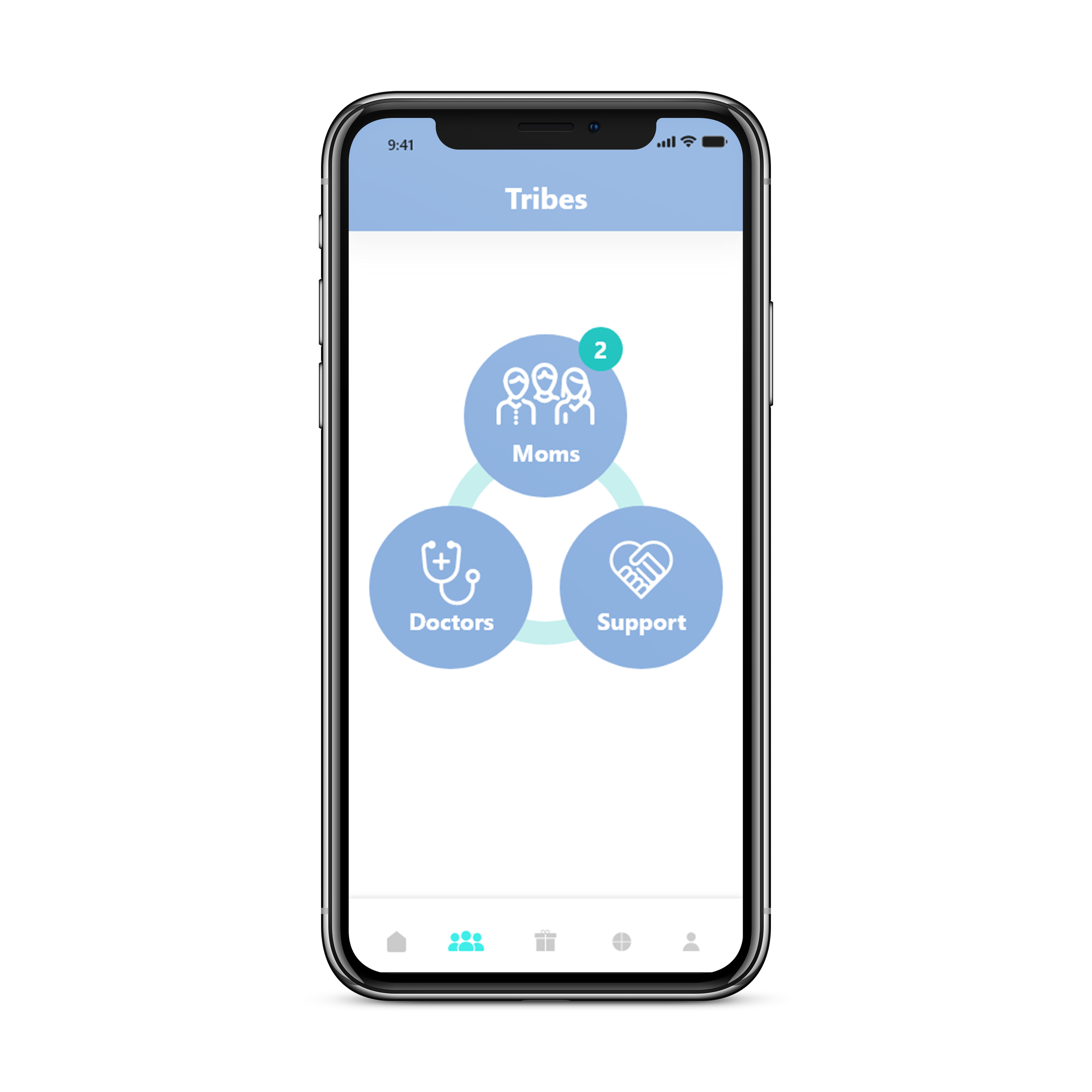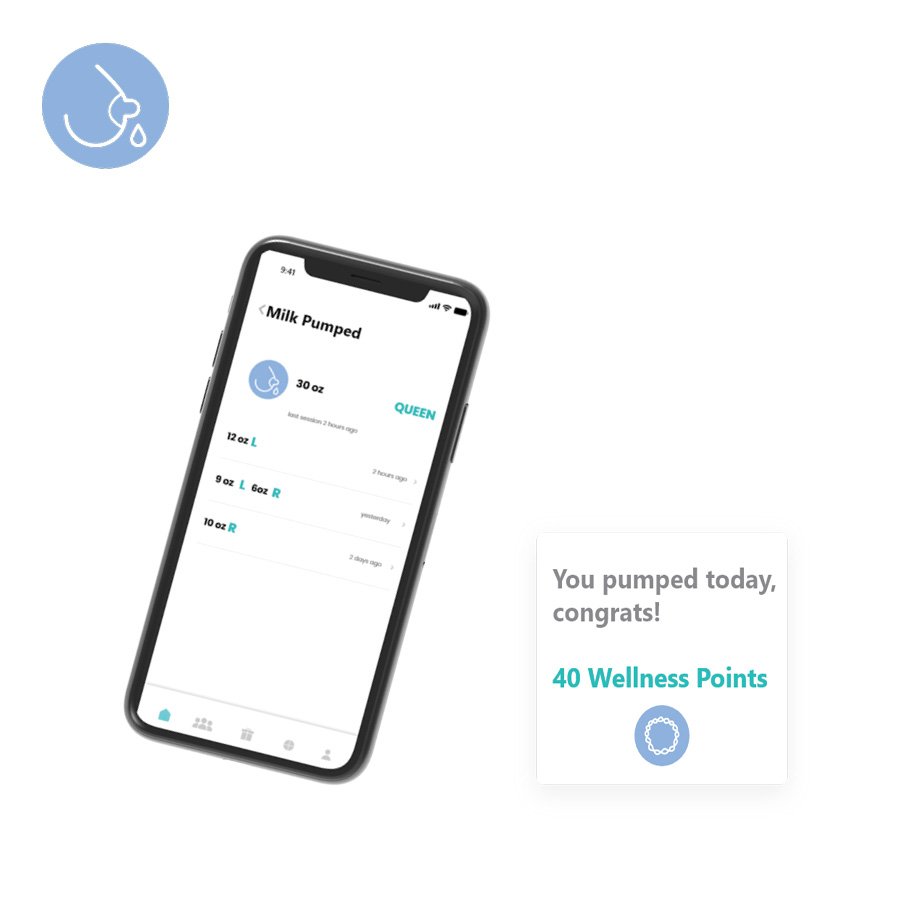
Tribe, Postpartum Wellness App
Human- Centered Design, Social Impact Design
Role: Thesis Project, Sole Designer
Focus Group Interviews, UI/UX Design , Usability Testing , Prototyping
Problem
Depression and anxiety impact 1 in 5 pregnant and postpartum women.
1 Symptoms can appear any time during pregnancy and the first twelve months after childbirth.
2 Treatment includes: HOTLINES, MEDICATION, and PSYCHOLOGISTS
Market Research
Postpartum Boxes
Boxes bought by family, friends, or the mother herself, that usually contained products from various providers to encourage self-care. They may include pampering items, pep talk cards, and esteem-boosting notes, promoting a self-care approach to mental health.
Community and Educational Apps
At the time, all mom community apps allowed unlimited connections. Although an app promised a safe space for discussions, it didn’t deliver.
Pregnancy/Postpartum Tracking Apps
Apps that help moms track pumping, milestones, and symptoms can make them feel in control. However, many are cluttered and lack community support, making them hard to use.
I realized that a consolidated resource for support was very much needed because access to a lot of information across various sites and platforms was not helpful. Survey completed by 52 women, age range 18-40, including first-time and second-time mothers.
Research
expressed they were either “somewhat uninformed and unprepared” or “completely uninformed and unprepared”
37%
“After having a baby, which of the these causes the most anxiety?”
50%
stated “rest and relaxation”
42%
stated “personal time”
Interviews
wish they could have spoken to women for support
88%
“It was a combination of taking medication, being able to talk with my support group, and my therapist”
Experts in FemTech
Gabriela Gherhart, Motherhood Center
Hannah, Doula
Maria Berruezo, LactApp
Marsha Stephanson, Cater to Mom
“We have learned that there is a huge need for mental health care in the postpartum period. Women continue to feel alone and helpless to find the adequate and reliable support. They need to speak openly about their feelings of anxiety and depression without the fear from society.”
Defining My Goal
According the National Wellness Institute, these are the 6 Dimensions of Wellness.
I targeted the emotional, social, and physical areas to promote maternal mental wellness because those areas aligned with the resonating needs of 1st time mothers: support and self-care
Goal:
Design a solution that helps prevent mental health disorders in pregnant and postpartum women by promoting wellness through physical, emotional, and social avenues.
Audience
The First-Time Mother
18-30 yr olds
living in the U.S.
mid-pregnancy up to a year postpartum
Ideation
Feedback
“The interface and screen are much easier to read and not overwhelming like other pregnancy apps are.”
66% want the option of speaking to doctors as well as friends and other moms in 1 place
High interest in the points system
redeeming for treats/spoil themselves/baby
partnering with FemTech companies for the redeemable items created delight in the user
Design Solution
Tribe is an holistic preventative solution that focuses on building a mother’s support system.
The app lets the mother have all her support needs in 1 place. The app allows the mother to track herself while maintaining an emphasis on positive feedback rather than making her feel bad for not reaching a goal.
Holistic Support System
User can reach family, their doctors, or other moms in just 1 click.
Positive Tracking
What matters is what the user achieved. Users receive positive feedback at end of day.
Key Support Areas
The latest credible information for care is in 1 place.
Paced Breathing
A instant short-term relief for when anxiety rises.
Wellness Points
A way for moms to get rewarded for taking care of themselves.
Connected Devices
The app can connect to all smart tracker and parenting devices to help make tracking easy.
It takes a village to raise a child.
This project was completed in the midst of the 2020 covid pandemic. I am extremely grateful for the research volunteers, stakeholders, and in-person testers that gave me their valuable time for this project.























